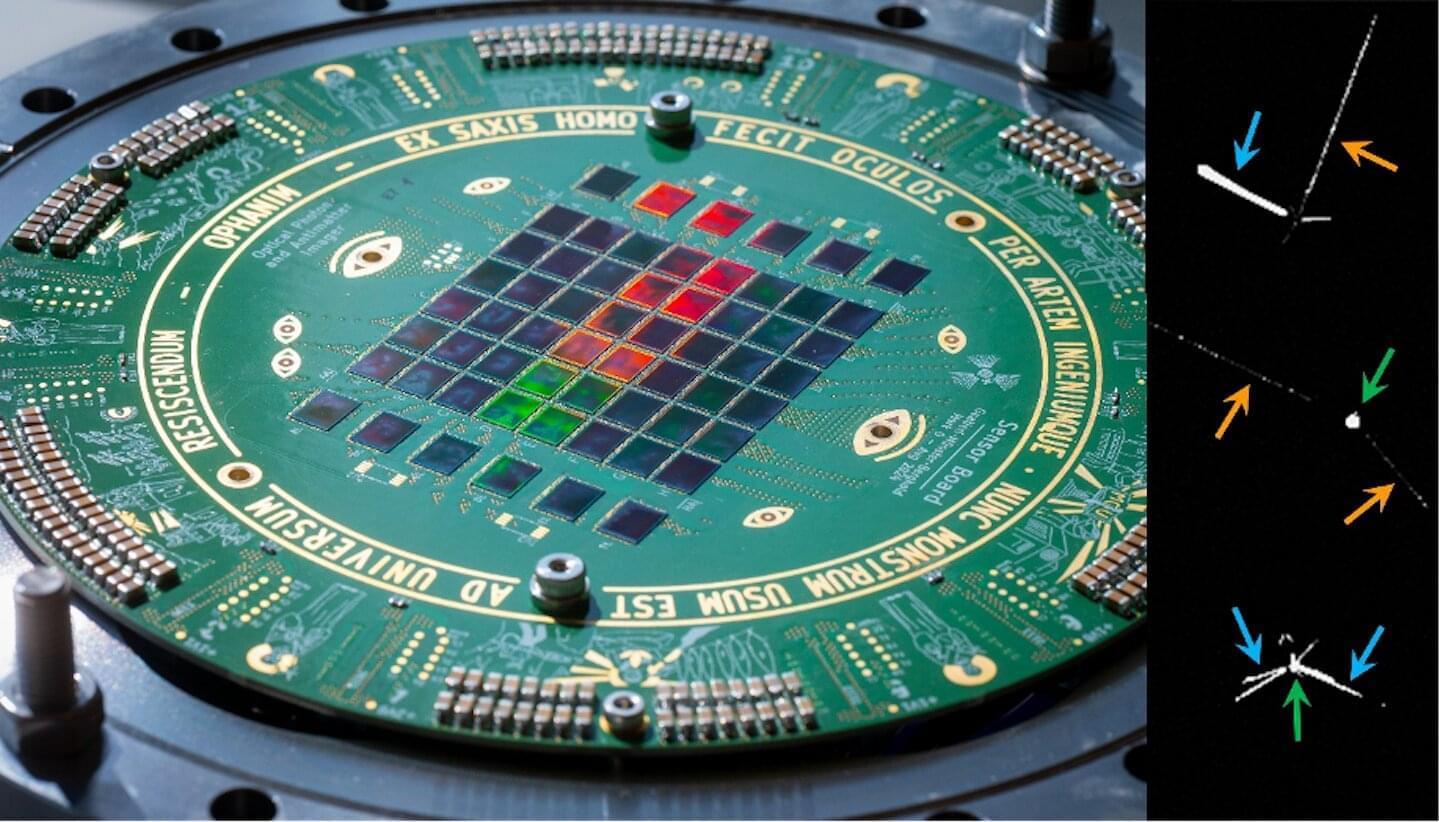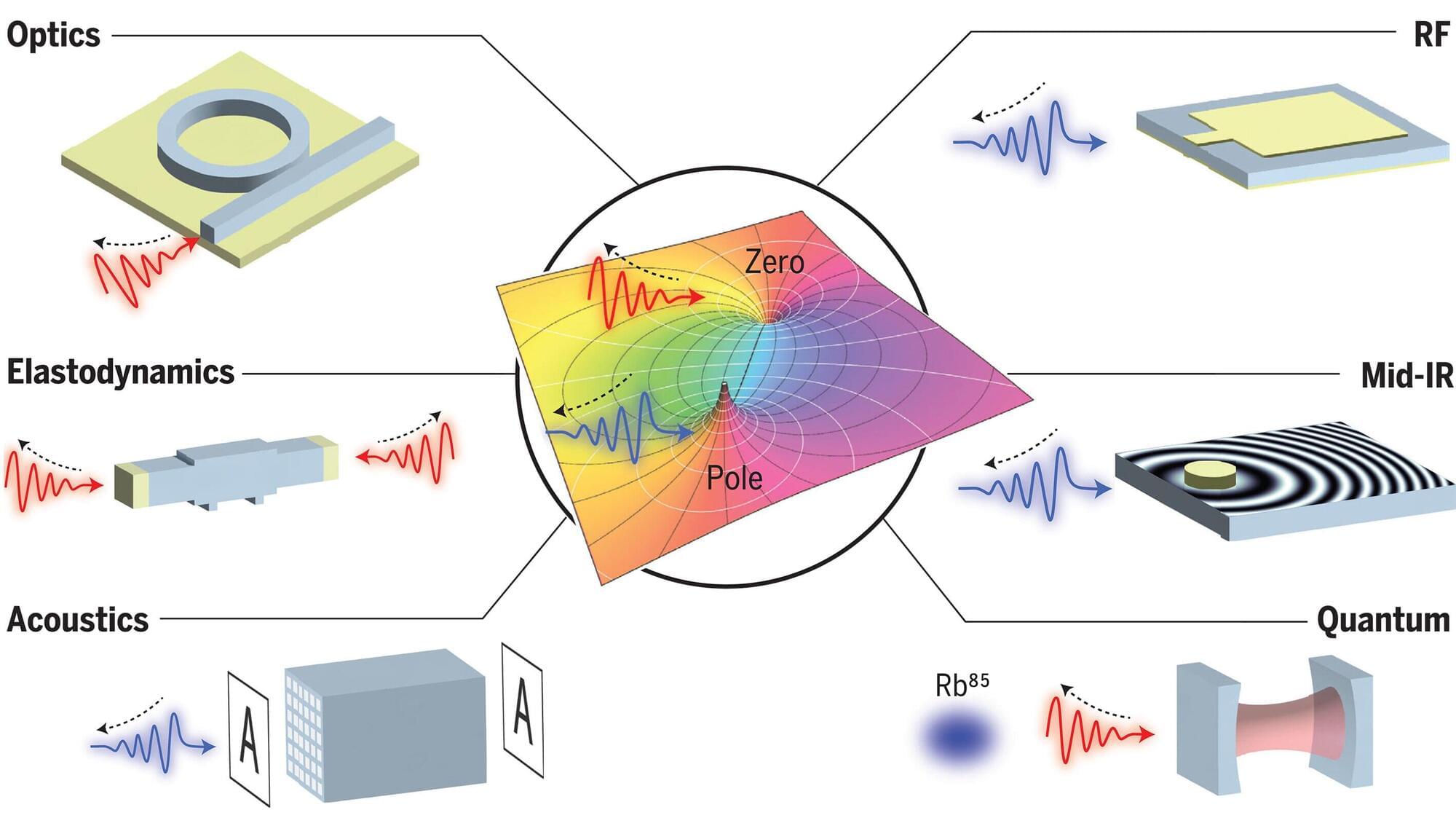Parul Sehgal of The New York Times stated “In these pieces, plucked from the last 20 years, Holt takes on infinity and the infinitesimal, the illusion of time, the birth of eugenics, the so-called new atheism, smartphones and distraction. It is an elegant history of recent ideas. There are a few historical correctives — he dismantles the notion that Ada Lovelace, the daughter of Lord Byron, was the first computer programmer. But he generally prefers to perch in the middle of a muddle — say, the string theory wars — and hear evidence from both sides without rushing to adjudication. The essays orbit around three chief concerns: How do we conceive of the world (metaphysics), how do we know what we know (epistemology) and how do we conduct ourselves (ethics)”. [ 6 ]
Steven Poole of The Wall Street Journal commented “…this collection of previously published essays by Jim Holt, who is one of the very best modern science writers”. [ 7 ]
[ edit ].







